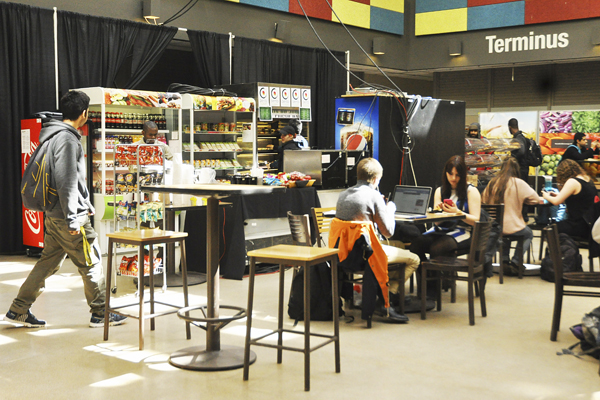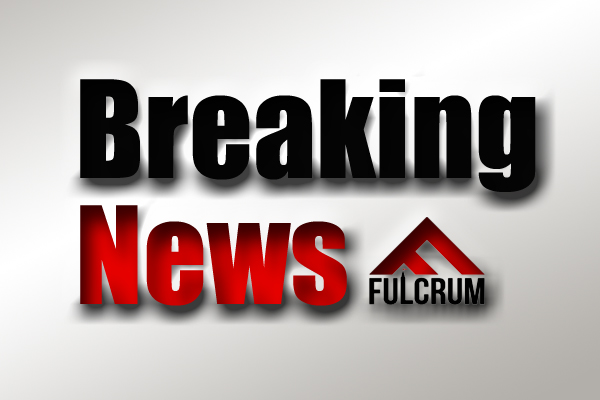Students need to return to classrooms, say three Ottawa university representatives
Three students from the University of Ottawa and Carleton University have released a joint open letter urging Ontario’s provincial government to develop a plan for reopening university and college campuses.
The letter, published to Twitter on Jan. 11, raised concerns that the province’s post-secondary students would be “left behind” as the Ontario government continues to introduce new public health protocols to fight the spread of COVID-19.
The students; Nathaniel Black (Carleton), Saada Hussen, and Jamie Ghossein (U of O) are all elected representatives on their respective school’s Board of Governors.
The letter stated that a return to in-person learning is necessary in order to improve both the quality of education and student morale — which the group says has been largely affected by the pandemic.
The letter also asserts that many have seen both their academic performance and their mental health suffer as a result of virtual learning.
Recommended courses of action include making vaccinations available for students and implementing a detailed public health plan to be followed on campuses.
The public health regulations proposed by the letter would be similar to the measures currently in use in Ontario’s elementary and secondary schools, in which students can learn in-person but must wear masks and socially distance.
“If we can get students vaccinated – and I’m not saying before frontline workers or anything of that sort, but to at least have a back-on-track plan would give students a timeline and some motivation to get back into the swing of things,” said Black.
Hussen and Ghossein joined Black in circulating the letter for back-to-campus plans to other students. They have spoken to many of their peers and professors about the struggles of distance learning at universities and colleges.
In an email to the Fulcrum, Hussen said, “the consensus has been that the quality and educational experience has been subpar in comparison to in-person learning.”
“Students feel as though they are no longer learning or pursuing a passion of theirs but rather meeting deadlines and simply trying to pass classes,” said Hussen. “Many students have also shared that their course load seems heavier.”
Hussen pointed out that some students are trying to manage a full course load while also acting as caregivers for family members. The students with whom Hussen spoke with expressed frustration at the extra workload that accompanies staying at home with children or siblings.
“Instructors are minimally considerate to the fact that many now have familial responsibilities as a caregiver, provider or tutor to children or younger siblings who are also homeschooled.”
Hussen also spoke about the additional pressures on professors.
“The current format is also not the easiest for professors who have had to make many adjustments in terms of delivering their classes and evaluations.”
Both Black and Ghossein echoed that online learning does not seem to be a genuine replacement for in-person lectures.
According to Black, there are many Carleton students who are opting to transition to part-time studies during the pandemic, with some even dropping out entirely.
Another reason for getting students back to in-person learning? Building up the economy.
“We want to get [students] into the workforce to fill that gap in the job market right now, but also to go and support the economy,” said Ghossein.
The Ford government did not respond to the Fulcrum’s request for a statement at the time of this article’s publication. The Government of Ontario has yet to share a detailed plan as to the reopening of university and college campuses.





